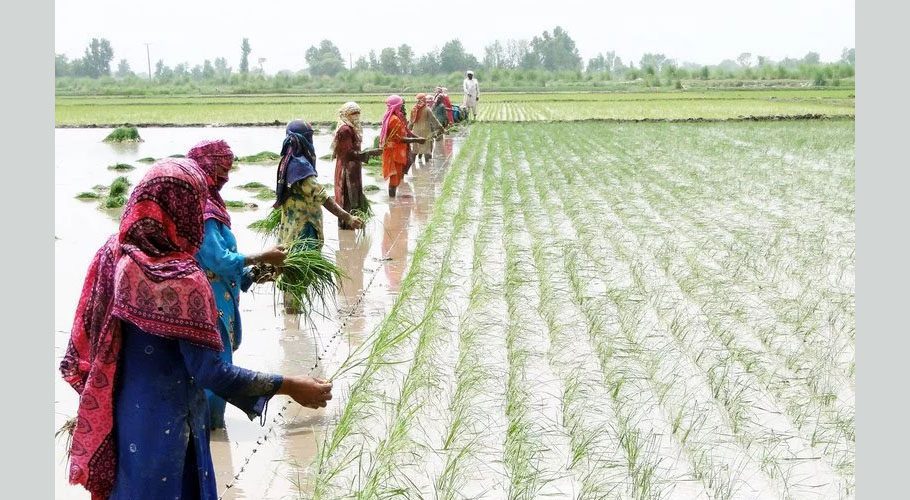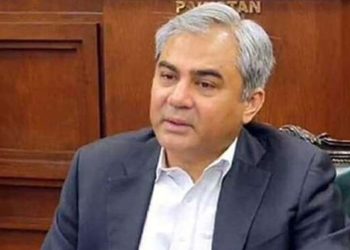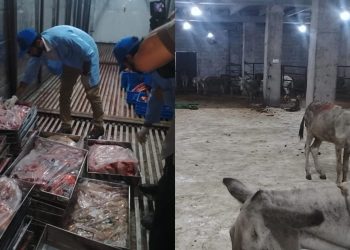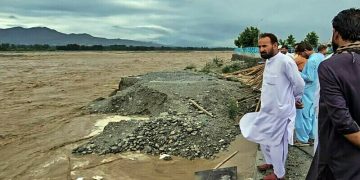KARACHI: Pakistan Business Council (PBC) has revealed that farmers in lower Sindh have witnessed a significant increase in their plant population and yield through mechanization.
According to a report by PBC, a joint initiative called “Khushhaal Kissan” has been launched by the Rice Exporters Association of Pakistan (REAP) and PBC in December 2018 to develop and implement a long-term plan for boosting Pakistan’s rice exports.
The project aims to improve farm productivity, reduce post-harvest losses (15-20%), and enhance rice exports over the next few years. As Pakistani farmers cannot afford all the machinery needed for mechanization, leading rice exporters, including Garibsons, Meskay, Conwill, MM Commodities, RBI, and Jaffer Brothers, have already invested in mechanization companies such as Khushhaal Kissan and MFT.
Moreover, reputed machine manufacturers like Kubota from Japan, Yanmar, Klaas, and Fuerdai from China, TYM from South Korea, and World from China have given agencies in Pakistan. This investment in mechanization will enable farmers to use proper seeds, leading to a yield increase of up to 50%.
The mechanization process has also led to an increase in plant population, with farmers now growing around 100,000 plants per acre as compared to the traditional nursery-raising method, which resulted in only 55,000 plants per acre. This increase in plant population has translated into a 50% reduction in harvesting losses and has replaced traditional sun-drying of paddy with a mechanized system.
Apart from increasing farm productivity, mechanization will help farmers cope with climate and biological risks.
It may be added here that Pakistan’s farmers face increasing climate risks, including floods, droughts, excessive/untimely rain, heatwaves, windstorms, hail, and frost, as well as biological risks like pest/insect attacks and viral/bacterial attacks locusts.
The increases in variability of monsoon and winter rains are expected to cause increased variability and uncertainty in river flows. From 1980 to 2007, heatwave days per year increased by 31 days, while rainfall in arid plains/coastal areas decreased by 10 to 15%. Farmers have been reporting changes in weather patterns for years and have few defences against key pests/insects (cotton) as many viruses are not well-identified.
Through the Khushhaal Kissan project, PBC and REAP aim to make Pakistani farmers more resilient and profitable by adopting modern farming techniques. This initiative will also significantly increase Pakistan’s rice exports in the coming years.

































